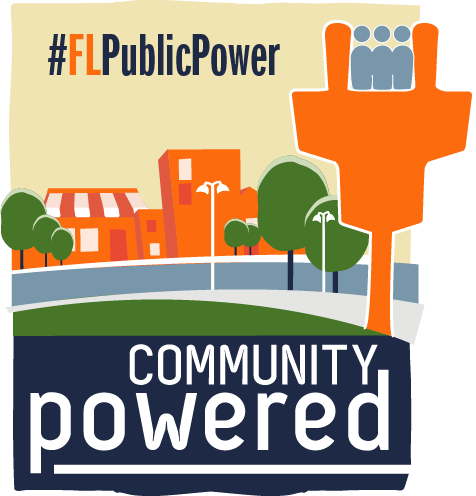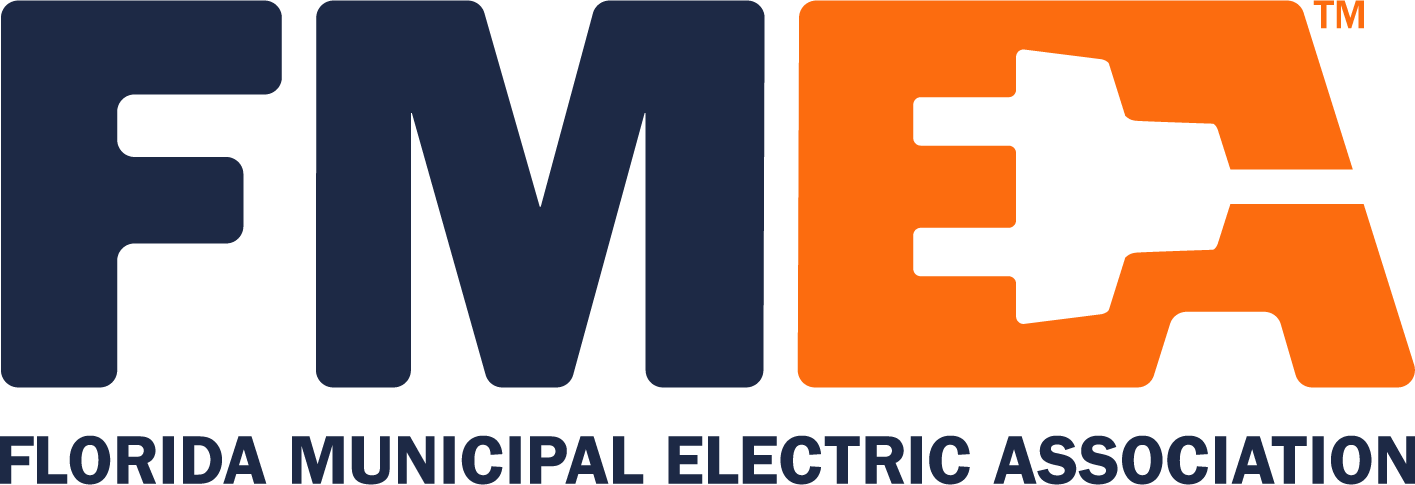Lawmakers Could Cap Utility Money Transfers
 Article reposted with permission from The News Service of Florida.
Article reposted with permission from The News Service of Florida.
In a proposal that could cost some cities millions of dollars, a House panel on Tuesday approved a bill that would restrict how much money can be transferred from municipal utilities into city general funds. The House Energy, Communications & Cybersecurity Subcommittee voted 17-1 to approve the bill (HB 1331), filed by Rep. Demi Busatta Cabrera, R-Coral Gables. Republican lawmakers in recent weeks have repeatedly questioned transfers of money from municipal utilities to bolster city budgets, in part because many utility customers live outside the boundaries of the cities. Rep. Mike Caruso, R-Delray Beach, likened the situation to “taxation without representation” and said, “I don’t think the utilities should be able to transfer anything.” The bill would create a formula to cap the amounts of money that could be transferred. Under the formula, the caps would be linked to rates of “return on equity” established by the Florida Public Service Commission for private utilities. Return on equity is a closely watched measure of profitability. Caps would be decreased based on percentages of municipal utility customers who live outside city boundaries. Tallahassee Mayor John Dailey told the House panel that the proposal could lead to about a $10 million “hit” to the city’s general fund. He said that could lead to the city needing to increase its property-tax millage rate. Rep. Bruce Antone, D-Orlando, cast the lone dissenting vote. Money from the Orlando Utilities Commission is transferred to the city of Orlando general fund, he said. Ryan Matthews, a lobbyist for the Florida Municipal Electric Association, urged lawmakers to exempt rural communities from the transfer cap. He said some rural communities rely heavily on utility revenues to fund services because they do not have large tax bases.
 Enter your email address in the
Enter your email address in the 